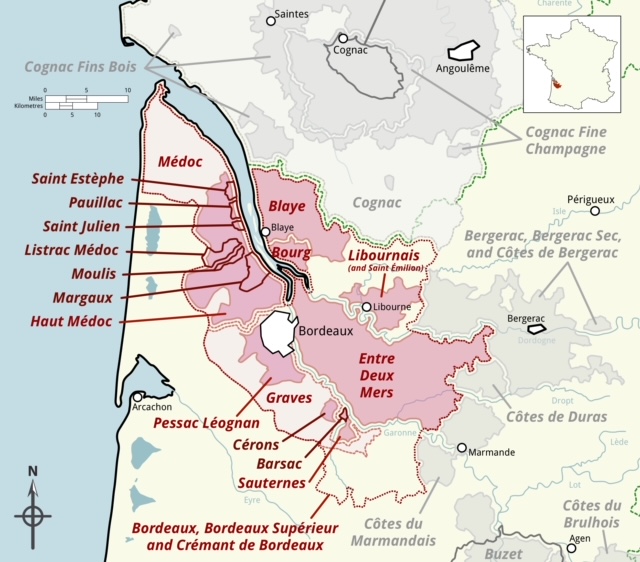Château Giscours has constantly reinvented itself to survive the centuries.
Pierre de Lhomme, Marc Promis, Jean-Pierre Pescatore, Edouard Cruse, Nicolas Tari and now the Albada Jelgersma family – all ambitious and visionary estate owners who were passionate about pulling together the estate’s land and giving this vineyard, named a Third Grand Cru Classé in 1855, a reputation for excellence.
Dry and meagre gravel hilltops with slight variations give Giscours wines their structure and elegance.
This exceptional terroir suits our vines, which offer up the best of themselves under the influence of the oceanic climate.
On these arid, eroded soils formed of alluvial deposits, Garonne gravel transported from the Pyrenees during the Quaternary period, topography formed in the shape of what are known in the Médoc as ‘croupes gravelleuses’, or gravel hilltops. They allow excess water to drain off and enable Cabernet Sauvignon, the primary grape variety, to express itself to the full.
Giscours has three major hills, and blending these together is what gives Giscours wines their power and complexity:
Grand Poujeau & Petit Poujeau
To the west of the estate, reaching up 21 metres, Grand Poujeau is made up almost entirely of peyrosols. Brought here by the Garonne and the Dordogne, this beautiful gravel – of remarkable size – forms warm soils that are particularly well suited to Cabernet Sauvignon and enable high levels of ripeness.
Bel Air
This 12-metre hilltop has a high proportion of brunisols (gravelly sand to sandy gravel), considered to be a cooler terroir that likes hot and dry years.
The Giscours plateau, known as Cantelaude
At 17 metres, this is a clever combination of the two previous terroirs, providing fullness and depth to Merlot but also beautiful complexity to Cabernet Sauvignon.
On its hilltops, the vines’ root systems reach down up to ten or so metres, drawing the water they need in dry periods from subsurface layers of the soil. The grape varieties of Cabernet Sauvignon, Cabernet Franc, Merlot and Petit Verdot are therefore protected from extremes of climate.
2011 started with a warm spring with low precipitations, followed by a warm and dry summer which led to an early vegetative period.
Nevertheless, grapes have continued their maturation process in great conditions, thanks to rainfalls at the end of the summer.
The 2011 vintage has all the qualities we particularly love in a Château Giscours : freshness, silky tannins, structure and voluptuousness brought by the Cabernets. A vintage full of energy.
"Power and ripeness walk hand-in-hand with this major player. The wine is opulent and extracted with flavors of rich blackberry fruits, but shows a firmness in tannins and dense texture. Drink from 2018 and it’s sure to be a great success."
Wine Enthusiast
Awards:
94/100 Wine Enthusiast
92/100 James Suckling
91/100 Wine Spectator
91/100 Stephen Tanzer



